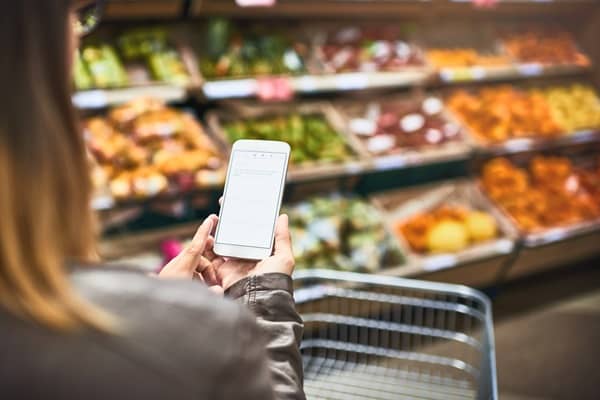Shop price inflation was unchanged at -0.7% year on year in February, against a decline of -0.7% in January. This is above the 3-month average of -0.8%.
Non-Food inflation decreased to -2.1% year on year in February, against a decline of -1.8% in January. This is above the 3-month average of -2.1%.
Food inflation increased to 2.1% year on year in February, against growth of 1.6% in January. This is above the 3-month average of 1.8%.
Fresh Food inflation increased to 1.5% year on year in February, against growth of 0.9% in January. This is above the 3-month average of 1.2%.
Ambient Food inflation increased to 2.8% year on year in February, against growth of 2.5% in January. This is above the 3-month average of 2.7%.
Helen Dickinson, Chief Executive of the BRC, said, “While shop prices remained in deflation in February, prices on the month saw the biggest increase in the last year.
“Breakfast, in particular, got more expensive as butter, cheese, eggs, bread and cereals all saw price hikes. Climbing global coffee prices could threaten to push the morning costs higher in the coming months.
“In non-food, month on month prices rose as January Sales promotions ended, especially in electricals and furniture. But discounting is still widespread in fashion as retailers tried to entice customers against a backdrop of weak demand.
“Inflation will likely rise across the board as the year progresses with geopolitical tensions running high and the imminent £7bn increase in costs from the Autumn Budget and the new poorly designed packaging levy arriving on the doorsteps of retailers.
“We expect food prices to be over 4% up by the second half of the year. If Government wants to keep inflation at bay, enable retailers to focus on growth, and help households, it must mitigate the swathe of costs facing the industry. It can start by ensuring no shop ends up paying more than they already do under the new business rates proposals, and delaying the new packaging taxes.”
Mike Watkins, Head of Retailer and Business Insight, NielsenIQ, said, “With many household bills increasing over the next few weeks, shoppers will be looking carefully at their discretionary spend and this may help keep prices lower at non-food retailers.
“However the increase in food inflation is likely to encourage even more shoppers to seek out the savings available from supermarket loyalty schemes.”

